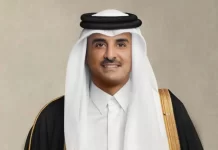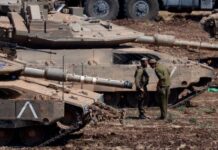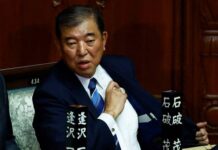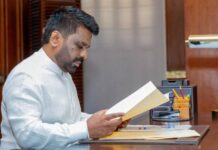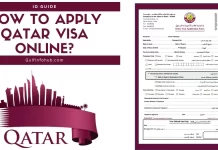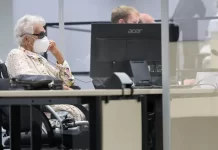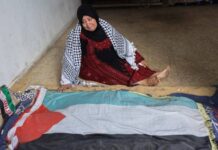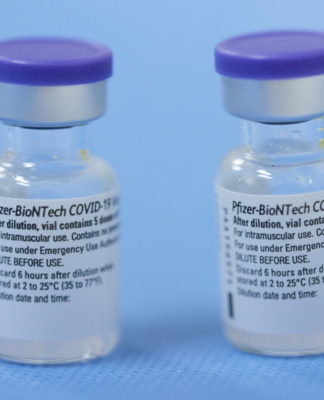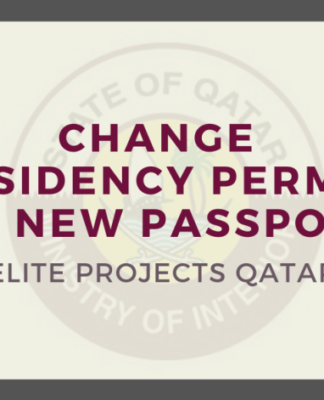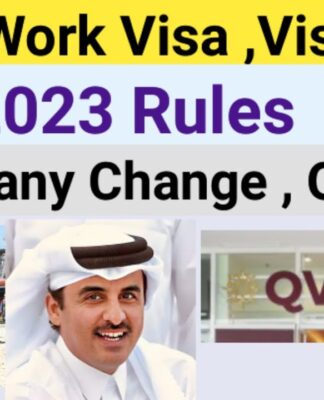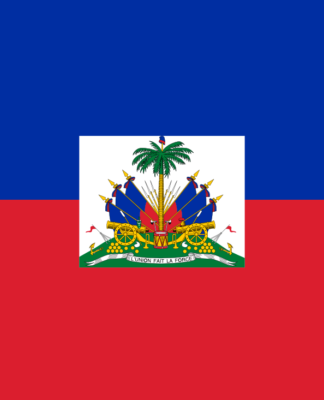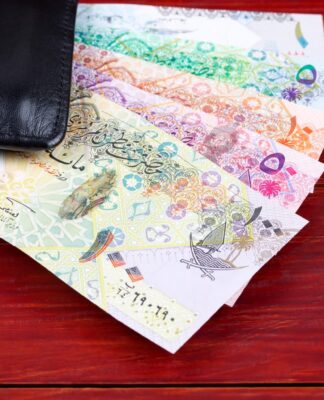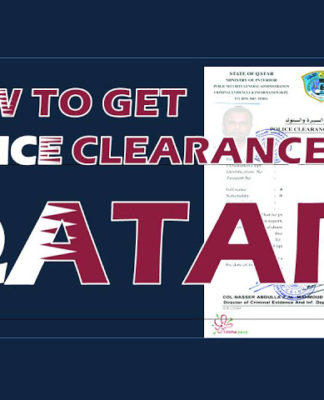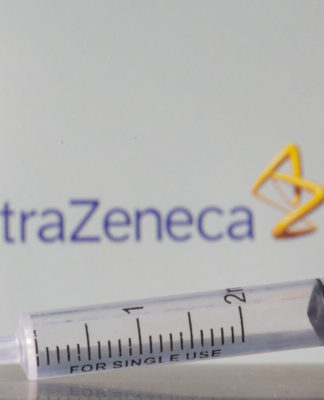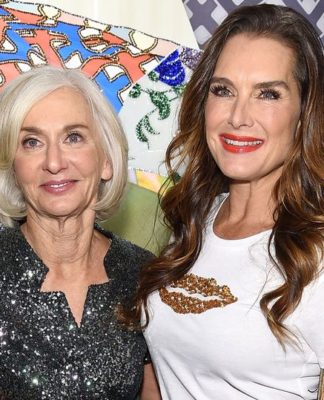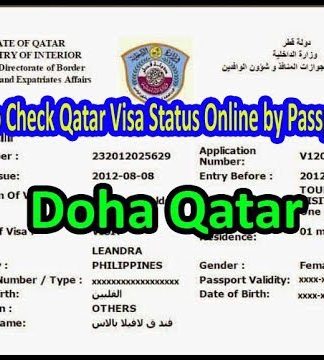OPINION
15 HOURS AGO
Can Sri Lanka’s new leader Dissanayake reverse the country’s decline?
The pro-Marxist official faces the daunting task of addressing a severe economic crisis while uniting a divided nation.
Hamzah Rifaat
HAMZAH RIFAAT
Sri Lanka’s newly elected President Anura Kumara Dissanayake reads a document after being sworn in as president at the Presidential Secretariat, in Colombo, Sri Lanka, September 23, 2024. / Photo: Reuters
REUTERS
Sri Lanka’s newly elected President Anura Kumara Dissanayake reads a document after being sworn in as president at the Presidential Secretariat, in Colombo, Sri Lanka, September 23, 2024. / Photo: Reuters
In a sharp rebuke to dynastic rule in Sri Lanka, voters recently elected Anura Kumara Dissanayake, a working class, neo-Marxist leader and head of the National People’s Power. His victory with 42 percent of the vote comes as the island nation struggles with significant economic and social turmoil.
This resulted in the ousting of the Rajapaksa rule which includes former President Gotabaya, his brother and Prime Minister, Mahinda and Finance Minister, Basil Rajapaksa in a 2022 uprising.
Two years on, Sri Lankans are hungry for change and have pinned their hopes on Dissanayake as a potential saviour. Yet, he remains an untested commodity in Sri Lankan politics, despite his leftist, anti-elitist and anti-corruption agenda.
The question is: can he steer Sri Lanka out of its current economic crisis and deliver for the people? The outlook is uncertain.
Decades of mismanagement
For Dissanayake, there is a steep slope ahead.
Adding to that is the existence of bloated, loss-making state-owned enterprises and the economic effects of the decades-long war between the Lanka Tamil Tiger Eelam militant group and the Sri Lankan government, which hampered foreign direct investment. Also, Sri Lanka’s liberalisation drive in 1977 failed to implement the necessary requirements for a market-oriented economy.
The Rajapaksa era however, made it worse.
As foreign debt soared in 2019, the Russia Ukraine conflict hiked prices of basic commodities and the COVID-19 pandemic contracted industries such as fishing and agriculture, the administration responded with several policy blunders.
This includes tax cuts affecting fiscal policy or governmental spending and taxation to influence the economy, and opposition to an International Monetary Fund’s (IMF) bailout plan to heal the economy. The result was soaring prices and fuel shortages which led to a nationwide movement against corruption, mismanagement and nepotism.
Dissanayake has pledged to reverse the mistakes made during Rajapaksa’s tenure.
IMF lifeline
There is a problem, however.
Sri Lanka’s economic future is dependent on the completion of an IMF program previously negotiated by former President Ranil Wickremesinghe, who served for two years following Rajapaksa’s ousting.
Under the program, Sri Lanka can only prevent a future default if it reduces public debt to nearly all of its GDP and ensures that a significant portion of government revenue is directed at debt servicing. In simple terms, this means that the government must use the revenue it generates to pay back its debt obligations rather than spend on public welfare.
This presents a challenge for Dissanayake who has promised to provide relief by widening welfare spending programs and slashing taxes.
As a result, Dissanayake opposes the IMF deal and claims that the fund only seeks to bail out corrupt regimes. He has vowed instead to renegotiate the program by making austerity measures more bearable for the poor.
This promise brings his egalitarian agenda in direct conflict with Sri Lanka’s IMF targets and the nation’s plan to get its finances back on track.
Take cases in other developing countries as an example. Satisfying IMF conditions entails implementing austerity measures with side effects such as higher inflation affecting the public. In Pakistan’s case, the country’s recently concluded IMF loan stipulates conditions such as preventing the government from subsidising the energy sector.
However, the measures Dissanayake seeks to implement come at a heavy cost. Spending on welfare programs negatively impacts budget deficits in the absence of market reform and prevents government revenue from being channelised towards debt servicing.
This heightens the risk of default which means that Sri Lankans would once again confront rising fuel prices, food shortages, a collapse of domestic industries and lower income levels.
Domestic political costs
The political costs of Dissanayake’s decisions will be high.
AP
People transport their vegetables purchased at a market place in an auto rickshaw in Colombo, Sri Lanka, Friday, June 10, 2022. The country is facing its worst economic crisis in recent memory (AP Photo/Eranga Jayawardena).
Essentially, Dissanayake must walk a tightrope and chose between either fulfilling the IMF’s conditions and alienating his supporter base on one hand, or living up to his pro-poor policies and alienating the IMF on the other. Neither choice is easy as in both cases the Sri Lankan public could suffer.
His “people-centric” approach must also be implemented in substance. While he campaigned on boosting Sri Lanka’s domestic industries, he has simultaneously sought energy cooperation with India (a key creditor to Sri Lanka during the 2022 economic crisis), to invest in infrastructure in the island.
For Sri Lankans hoping that his government generates domestic employment and promotes domestic industrial development for poverty alleviation, lack of prioritisation from Dissanayake is a potential cause for disillusionment.
Buddhist nationalism
Economic recovery in Sri Lanka also depends on social cohesion. For Dissanayake, the key challenge there is to address prevalent Sinhalese Buddhist nationalism, which has simmered during the Rajapaksa era.
The ideology considers the island’s Sinhalese Buddhist majority population as a dominant race at the expense of minorities such as Tamils, Muslims and Christians. It was weaponised by politicians such as Junius Jayewardene to target Tamils in the early 1980s and in 2018 by the Bodu Bala Sena (BBS), a Buddhist extremist organisation which used it to target Muslims during the 2018 riots.
In short, Dissanayake must adopt pragmatism on economics in Sri Lanka and heal community misgivings through politics of accommodation.
While Dissanayake has called for unity among all religious and ethnic groups in Sri Lanka, his previous Janatha Vikumthi Peramuna (JVP) party which is now part of the NPP, campaigned on a Sinhalese nationalist platform and has a fractious relationship with Tamils.
Also, while campaigning in 2024, he rejected devolving centralised power to the north and east of the island, where the majority of Tamils live. On the question of Indian Tamils living in Sri Lanka, his JVP previously denounced them as a “fifth column” and an instrument of Indian expansionism.
For him to bury the hatchet, Dissanayake must do more to accommodate Tamil grievances, including spearheading investigations into human rights abuses committed against them by the Sri Lankan army during the war. Also, his approach towards the country’s Muslims, who have been targeted by far-right Buddhist extremists, must be different from Rajapaksa, with measures such as banning the BBS put in place.
In short, Dissanayake must adopt pragmatism on economics in Sri Lanka and heal community misgivings through politics of accommodation.
Only then can he reverse Sri Lanka’s decline.
SOURCE: TRT WORLD
Hamzah Rifaat
Hamzah Rifaat
He obtained degrees in Peace and Conflict Studies in Islamabad, Pakistan and in World Affairs and Professional Diplomacy from the Bandaranaike Diplomatic Training Institute in Colombo, Sri Lanka. Hamzah was also a South Asian Voices Visiting Fellow at the Stimson Center in Washington, DC in 2016.





